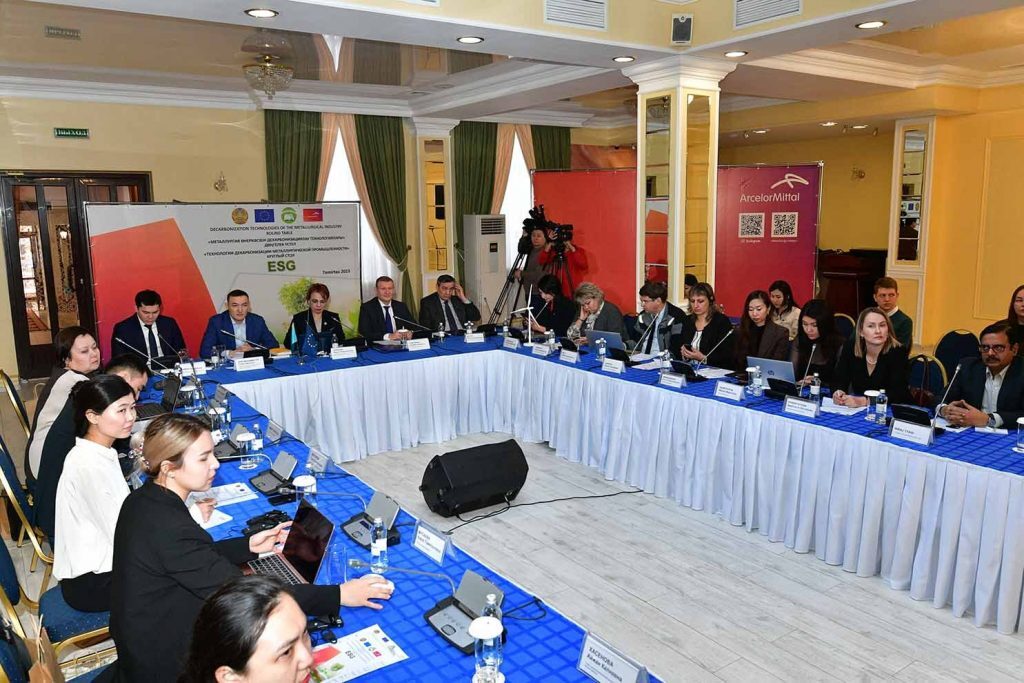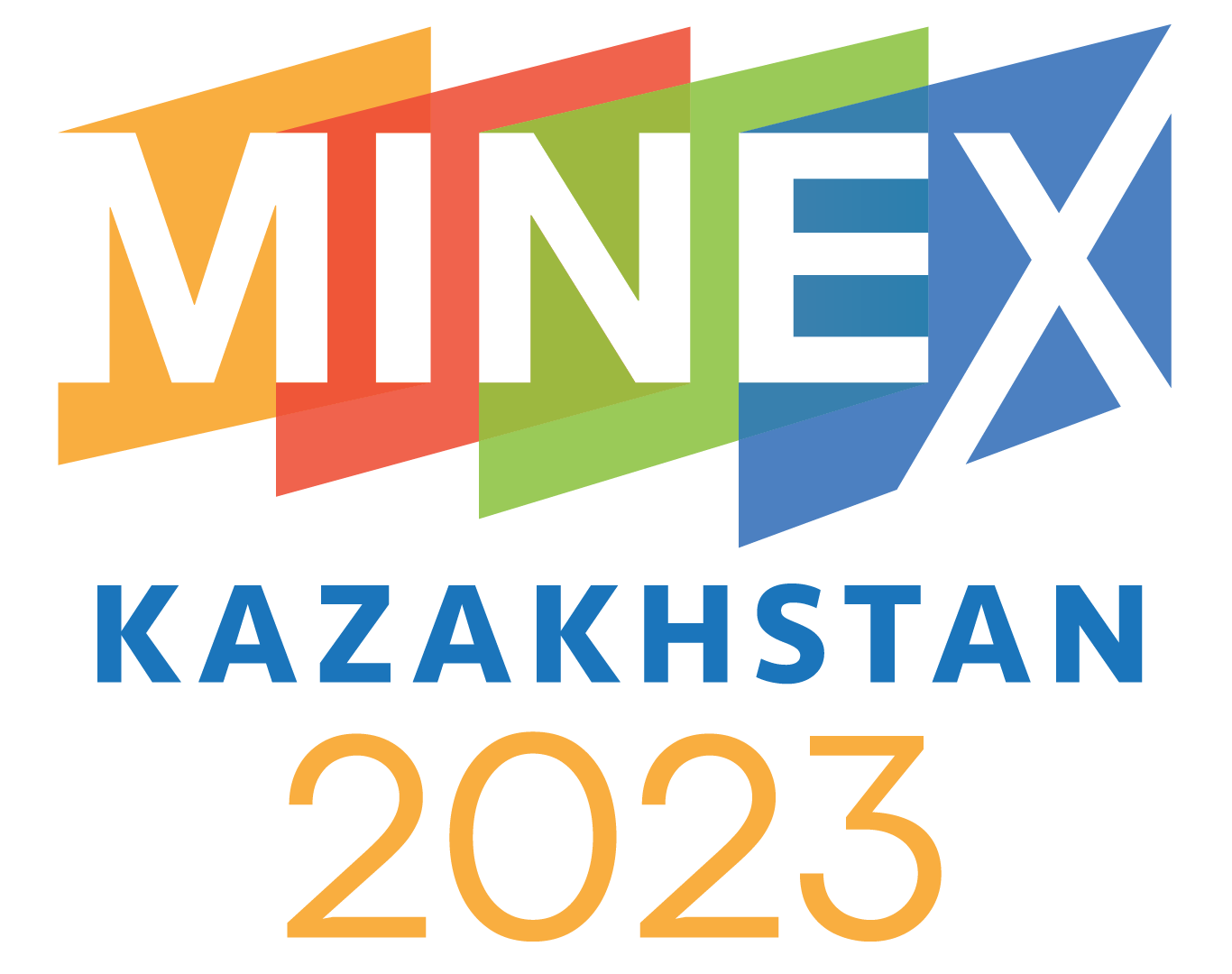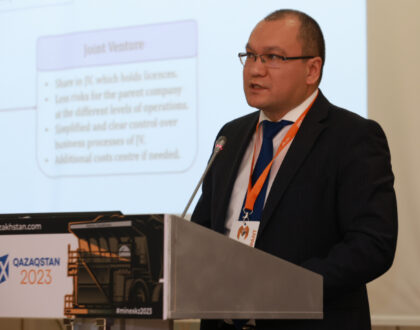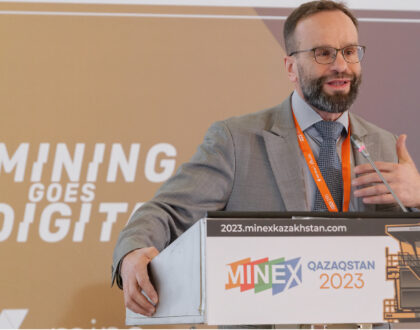Kazakhstan is Working to Achieve Carbon Neutrality by Reducing Industrial Emissions from Metallurgy

On February 2, 2023, the Strategy for Achieving Carbon Neutrality of the Republic of Kazakhstan until 2060 was approved by the Decree of the President of the Republic of Kazakhstan. As part of the implementation of this strategy, a round table was held on the topic “Technologies for decarbonization of the metallurgical industry and ESG” in Temirtau, at the site of ArcelorMittal Temirtau JSC. The initiative for the round table came from the Ministry of Industry and Infrastructure Development of the Republic of Kazakhstan, with the support of the Ministry of Ecology and Natural Resources of the Republic of Kazakhstan and the delegation of the European Union.
The Strategy for Achieving Carbon Neutrality notes that over the past 20 years, industrial production in Kazakhstan has increased significantly, leading to an increase in greenhouse gas emissions. By 2020, emissions from the combustion of fuel in the industry reached 144% of the 1990 level. The strategy calls for a phased systematic reduction in the share of coal-fired generation with an increase in the share of renewable energy sources and alternative energy, as well as the use of natural gas as an intermediate fuel. The strategy also includes plans to achieve carbon neutrality and integrate the principles of ESG, decarbonization, and sustainable development into all state programs and strategic planning systems.
The round table focused on the priorities of decarbonization in the metallurgical industry. Turar Zholmagambetov, Deputy Chairman of the Committee for Industrial Development of the Ministry of Industry and Infrastructure Development of the Republic of Kazakhstan, noted that 54% of all types of industrial emissions in Kazakhstan fall on metallurgy. The Director of the Department of Ecology of the AGMP, Gulnaz Bisenova, outlined the initiatives of various companies in the metallurgical industry, including ERG and Polymetal Eurasia, which are developing projects for the development of renewable energy sources, energy efficiency, and energy conservation.
Bisenova also highlighted the challenges facing the metallurgical industry, such as obtaining comprehensive environmental permits and synchronizing legislation. She emphasized the importance of determining the role of the coal industry in the future “green” economy of Kazakhstan and the industry’s great prospects for adapting to new realities. The state can encourage investment in the modernization of coal enterprises, the installation of equipment for processing, cleaning, and enrichment of coal, and find new markets for the export of products.
Bisenova also talked about modern technologies of clean coal combustion and the crucial role of gas in achieving decarbonization goals. She highlighted the negative consequences of the new norm in the Law of the Republic of Kazakhstan “On Gas and Gas Supply,” which will lead to the establishment of higher prices for commercial gas for large commercial consumers, reducing the economic feasibility of using gas in industry. AGMP and the Ministry of Energy of the Republic of Kazakhstan are currently working on the development of a methodology for calculating the marginal prices for the wholesale sale of commercial gas in the domestic market for large commercial consumers.
In conclusion, the round table highlighted the importance of decarbonization and ESG in the metallurgical industry, which plays a significant role in greenhouse gas emissions in Kazakhstan. Companies in the industry are developing projects to achieve carbon neutrality, integrate the principles of ESG, and reduce environmental impact, but they also face challenges in obtaining permits, synchronizing legislation, and mitigating the negative consequences of policy changes. The state’s role in determining the industry’s future and encouraging investment in new technologies and markets will be crucial in achieving decarbonization goals and ensuring sustainable development.



